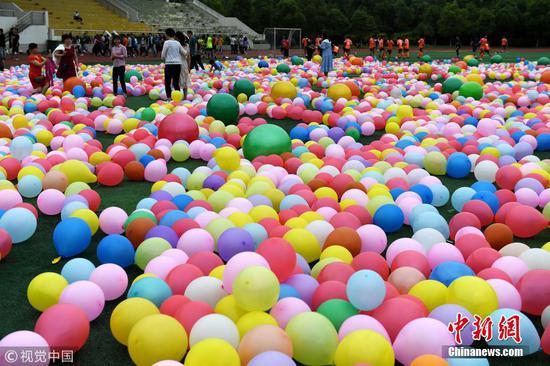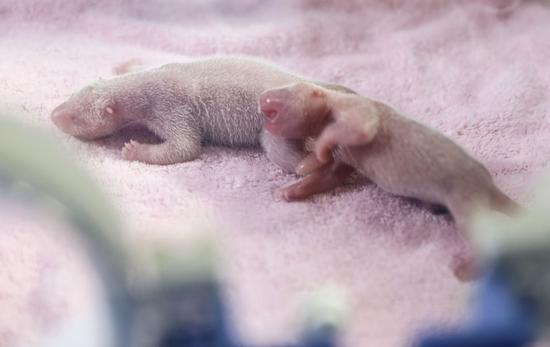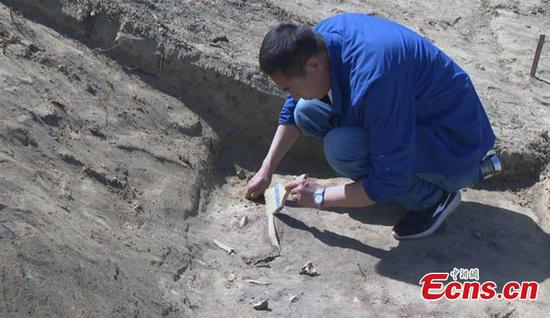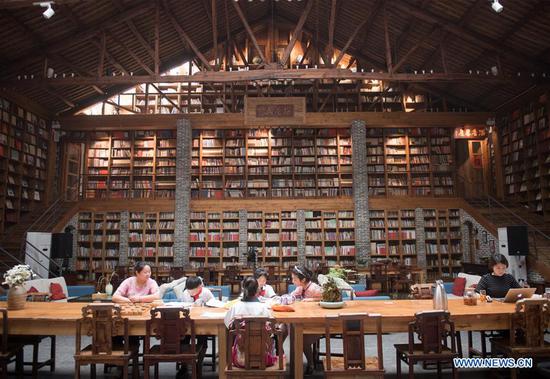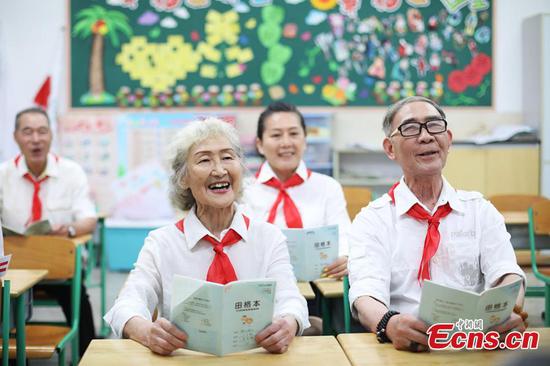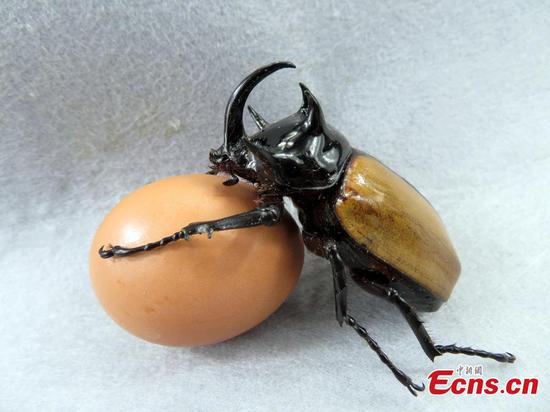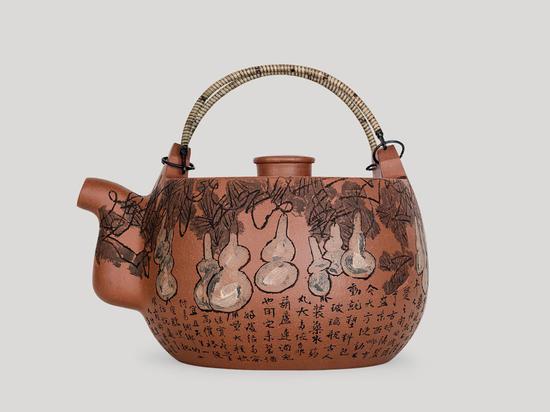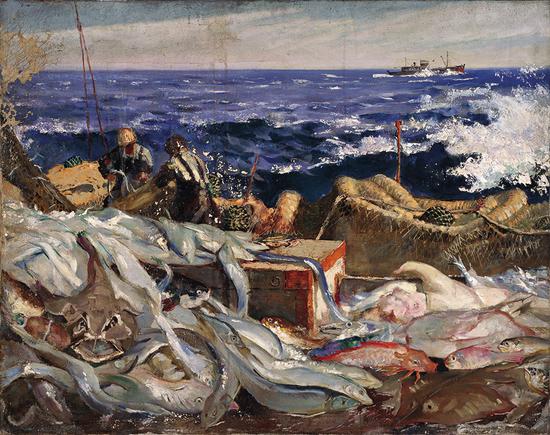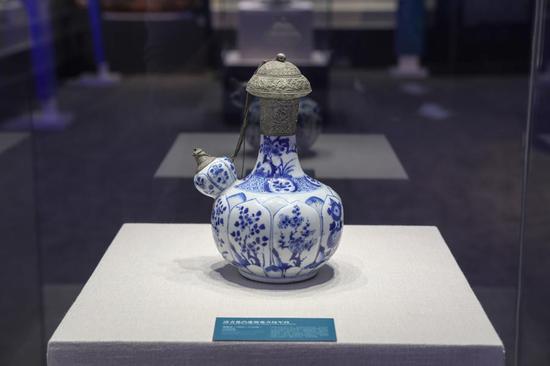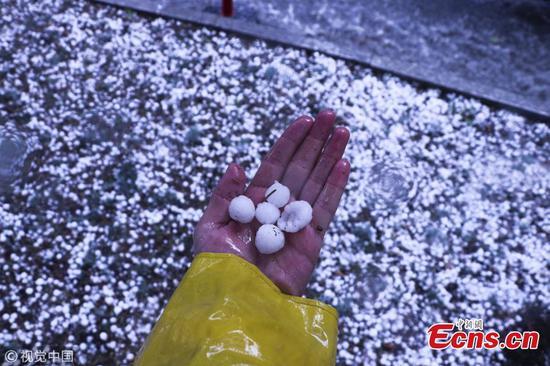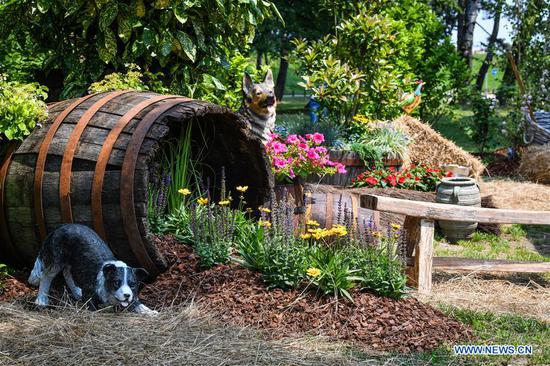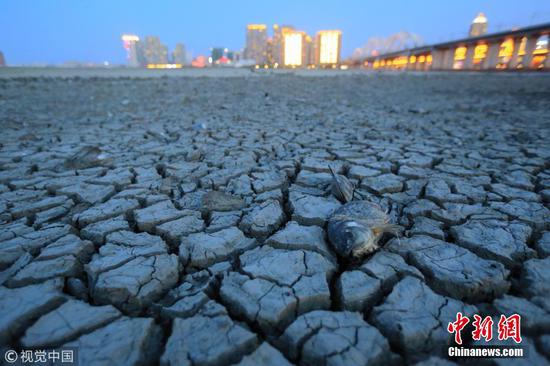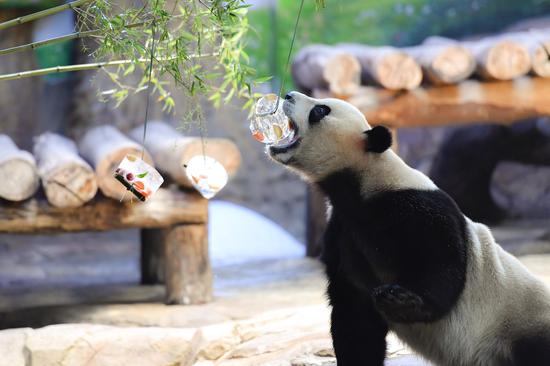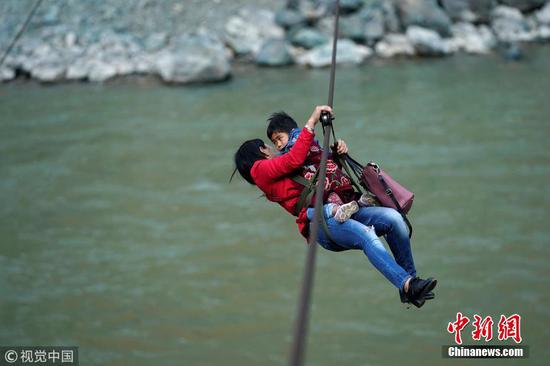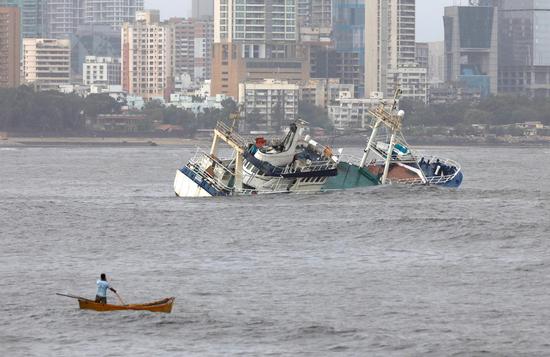New variety to be widely promoted in China by 2020
China is promoting its seawater rice in the Middle East and Southeast Asia, hoping to help feed more people in countries with large portion of saline-alkaline land, the research team told the Global Times on Tuesday.
A total of 176 varieties of seawater rice are being tested on five types of saline-alkaline land in China, including Kashgar in Xinjiang Uyghur Autonomous Region, Daqing in Heilongjiang Province, Dongying and Qingdao in Shandong Province and Wenzhou in Zhejiang Province. A saline and deteriorating farmland in Yan'an, Shaanxi Province is another test ground for the seawater rice, CCTV reported.
Researchers will screen better rice varieties suitable for different climates and various degrees of salinity and alkalinity, Zhang Guodong, the deputy director of the Sea-Rice Research and Development Center in Qingdao, told the Global Times on Tuesday.
The seawater rice along with its standard planting technique can be widely promoted across China by 2020 after the first national standard seawater rice breed was approved in 2019, Zhang said.
Seawater rice or salt-alkali-tolerant rice is designed to grow in tidal flats and saline-alkaline land and can survive after being immersed in seawater. The project was led by Yuan Longping, who has been dubbed as China's "father of hybrid rice."
Aside from China, the team is also considering promoting seawater rice in Middle Eastern countries, such as the United Arab Emirates, and Southeast and South Asian countries, including Vietnam, Sri Lanka and India, Zhang told the Global Times.
"We hope to get financial support under the Belt and Road initiative framework for a 100 hectare of seawater rice experimental plot in the desert of Dubai, which will start planting at the end of June," Zhang said, adding that "some Chinese banks in Dubai expressed their willingness to finance our project."
China and the UAE plan to jointly promote seawater rice in the Middle East and northern African countries by establishing a seawater rice promotion center, Zhang added.
Experimental seawater rice planted in January in Dubai is expected to yield more than 500 kilograms per mu, the Science and Technology Daily reported
Li Xinqi, a research fellow at the China National Hybrid Rice R&D Center, told the Global Times that seawater rice is vital to China's food security. If the technique spreads across the world, it will also largely contribute to people's food supply as part of China's agricultural "Go Out" strategy.
"If the seawater rice expands to 100 million mu with the lowest rate of 300 kilograms per mu, rice production would increase by another 30 billion kilograms, and 80 million more people could be fed," Yuan said.










